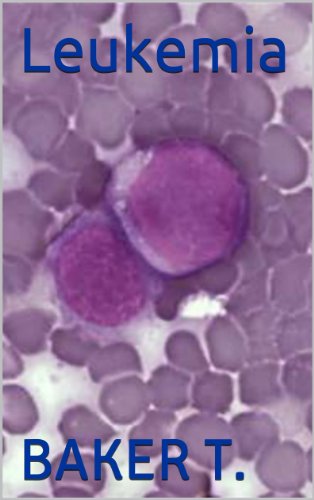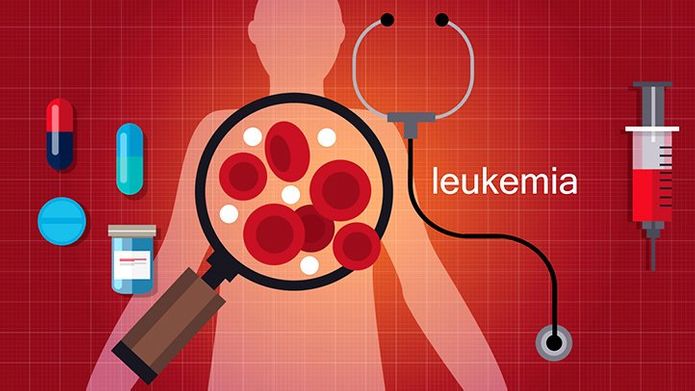
Leukemia is a common medical condition caused by abnormal growth of leukemia cells in the blood. Leukemia is an extremely aggressive form of cancer that can cause extensive damage to normal tissue and internal organs. It can affect nearly every part of the body, although most people do not have any symptoms of this condition. Symptoms typically develop after the lymph nodes become infected with leukemia cells.
Leiomyosarcoma, on the other hand, is an extremely rare condition. The cancerous cells typically grow and divide abnormally in the soft tissue of the human body to form a tumor. Soft tissue refers to the tissue that lines hollow organs such as the lungs, kidneys, bladder, esophagus, lungs, heart, and other hollow organs.
If the cancerous cells are in one or more of these areas, it is called primary leukemia. If they are spread to another area of the body such as the brain, bone marrow, and spleen, it is referred to secondary leukemia. The two types of leukemia can be distinguished from each other by the fact that the tumors grow in different areas of the cells.
Some rare cases of leukemia are not caused by tumors at all. In these cases, leukemia develops when a patient's immune system becomes weakened. The immune system becomes weak because it is unable to fight off the normal cells that are responsible for the formation of tumors. These are known as primary-leukemia and secondary-leukemia.
Leukemia can also occur when cancerous cells divide into multiple types. It is rare for cancer cells to divide into multiple types, but when it occurs, they are usually grouped together based on their location in the body. These are known as mixed types of leukemia and are often spread to several organs of the body at the same time.
Because leukemia is a very rare condition, it is very difficult to diagnose in most cases. Doctors rely mostly on the blood test to diagnose the condition. This test involves taking a sample of the patient's blood and testing it for specific chemicals that indicate if a person has leukemia.
Symptoms of leukemia include weight loss, fatigue, aching muscles, frequent urination, bruising, fever, flu, hair loss, bruising, enlarged lymph nodes, swelling in ankles, legs, and dark urine. If the cancer spreads to another organ or bone marrow, symptoms may include pain or discomfort in the affected organ or bone marrow.

Unfortunately, leukemia is a very aggressive type of medical condition that can lead to death if left untreated
Treatments used in the early stages of this disease are aimed at slowing the progression of the disease and stopping further growths.
Chemotherapy is a common method of fighting this type of cancer because it works to kill cancerous cells by causing them to mutate into harmless ones. In addition to this, drugs are given to prevent the formation of new cancerous cells while it destroys existing cancerous cells.
Treatment for leukemia usually consists of chemotherapy, radiation, a bone marrow transplant, or both. The decision to use one of these methods of treatment depends on how severe the disease is. There are other ways that doctors may use to treat leukemia.
Radiation therapy uses high-energy rays (like x-rays) to kill cancerous cells in the blood or in the bones. High-dose chemotherapy drugs are often used to treat patients with leukemia who have advanced leiomyosarcoma. They may also be used if the cancer has spread to another part of the body.
Bone marrow transplant is sometimes given after chemotherapy for patients who have leiomyosarcoma in the bone marrow, where it is not curable. Patients who undergo a bone marrow transplant may need to take a drug called "biologic substitutes" to help the body make new blood cells.
Chemotherapy usually takes about three weeks to see good results, and there will be a risk that some of the cancer cells will still be there in the body after the treatment. In addition, some people who have cancer in their bones may also need chemotherapy.